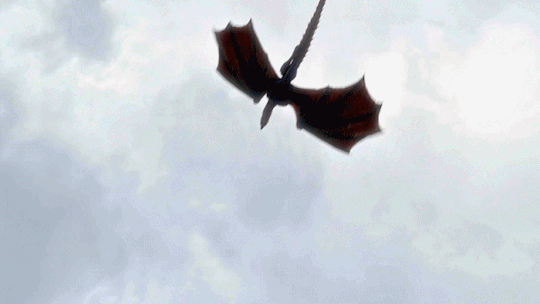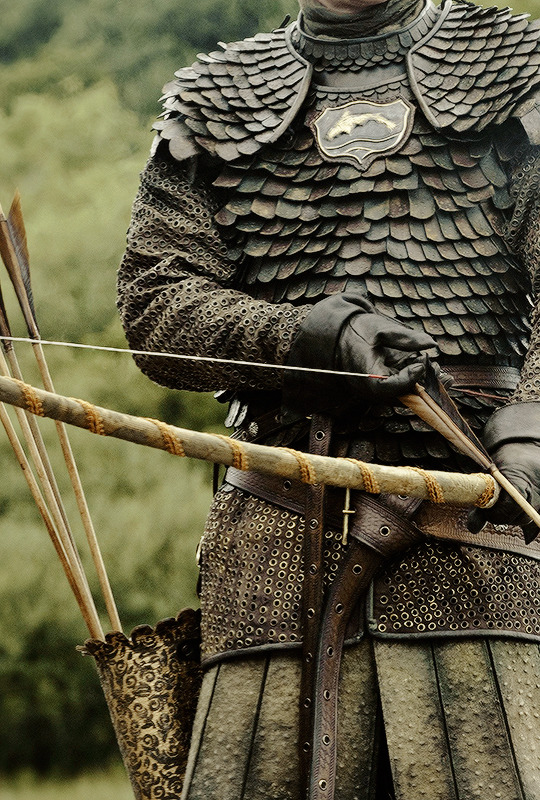Don't wanna be here? Send us removal request.
Text
Thanks to everyone who enjoyed Disparate DM. Have good games. This is the last post.

Ghost Mountain - Apollon
613 notes
·
View notes
Text

Al Deir Monastery, Petra / Jordan (by Dimo Parvanov).
3K notes
·
View notes
Photo
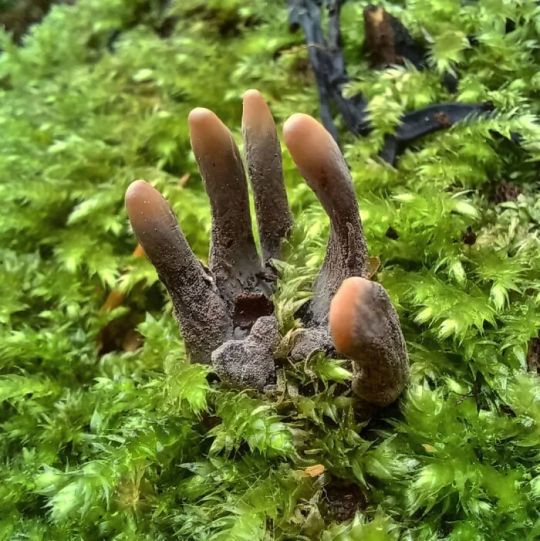
Dead Man Fingers Fungus
Photographer: northwalesmushrooms
730 notes
·
View notes
Photo



Just some more simple stuff. Instagram ~ Lunreye
19K notes
·
View notes
Text
4 notes
·
View notes
Text

'Very Rare' 3,000-Year-Old Bronze Age Arrow with Quartzite Tip Uncovered from Melting Ice
Glacial archaeologists in Norway have found an arrow with its quartzite tip still attached after spending up to 3,000 years in the snow and ice.
Archaeologists in Norway's mountains have discovered a "very rare" ancient arrow that still has its quartzite arrowhead and feather fletching in place.
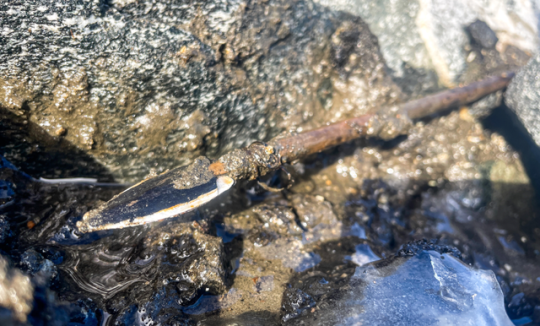
It's likely that reindeer hunters used the weapon up to 3,000 years ago, according to archaeologist Lars Pilø, who heads the Secrets of the Ice project in the Jotunheimen Mountains of central Norway's Oppland region.
While archaeologists with the project have previously found human-made hunting blinds where hunters hid while targeting reindeer, the newfound arrow wasn't unearthed near one.
"There are no hunting blinds in the immediate vicinity, but this arrow was found along the upper edge of the ice, so the hunters may simply have been hiding behind the upper ridge," Pilø said in an email.
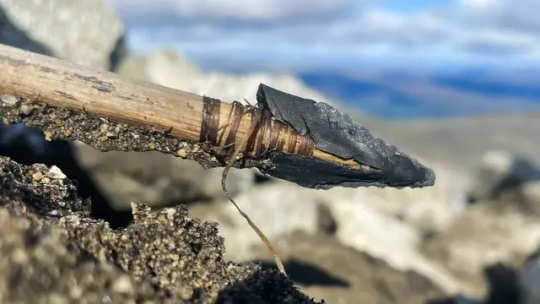
Secrets of the Ice glacial archaeologist Espen Finstad discovered the arrow on Sept. 13. Due to human-caused climate change, the snow and ice in the Jotunheimen Mountains is melting, exposing artifacts from hundreds to thousands of years ago. If archaeologists don't find these human-made items quickly after being exposed, the artifacts can deteriorate in the elements.
Finstad found the arrow during a targeted survey, when he and colleagues "checked newly exposed areas along the edge of the ice," Pilø said.
An analysis revealed that the arrow's shaft was made of birch and that it still had an aerodynamic fletching with three preserved feathers. Hunters use fletching to help guide the arrow in flight, but these typically decay over time.
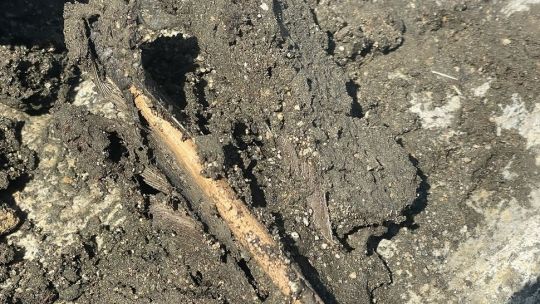
The quartzite arrowhead at the front of the shaft "is barely visible because pitch covers most of the arrowhead," Pilø said. "The pitch was used for securing the arrowhead to the shaft and to smooth the front of the arrow, allowing for better penetration. Arrows with preserved arrowheads still attached are not uncommon during the Iron Age on our ice sites, but this early they are very rare."
The pitch likely came from birch charcoal, he added.
Despite its well-preserved arrowhead and feathers, the rest of the arrow fared slightly worse. The roughly 2.9-foot-long (90 centimeters) arrow broke into three pieces along its shaft, "probably due to snow pressure," Pilø said.
By Laura Geggel.

137 notes
·
View notes







